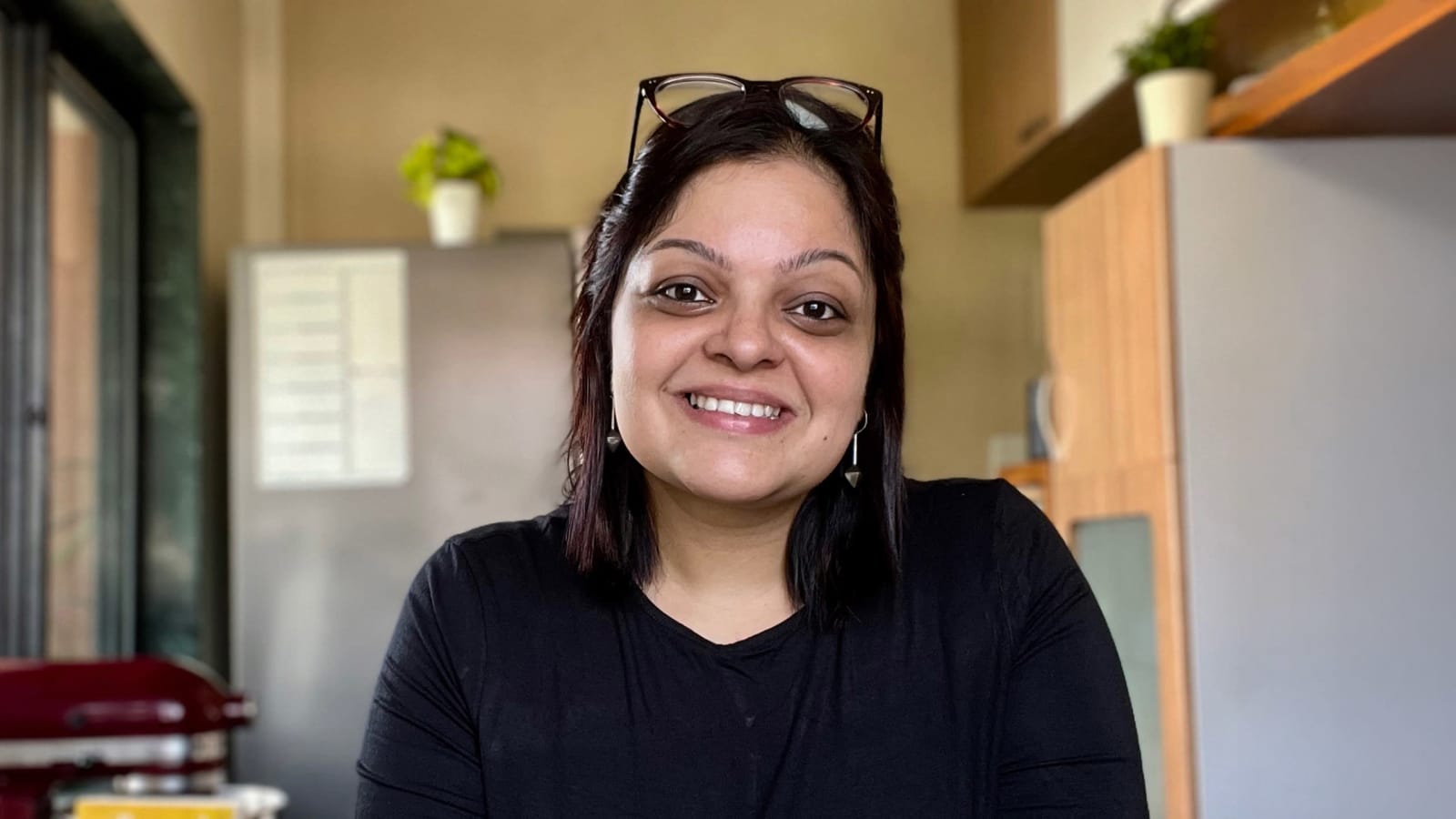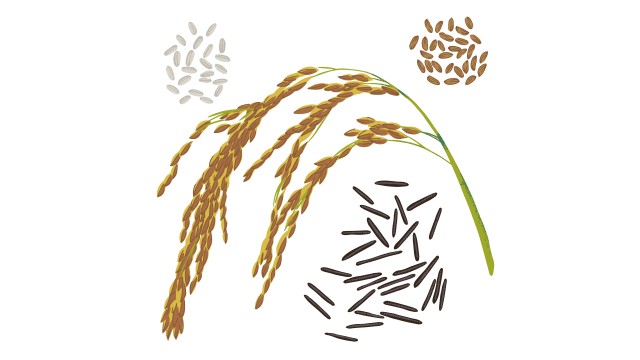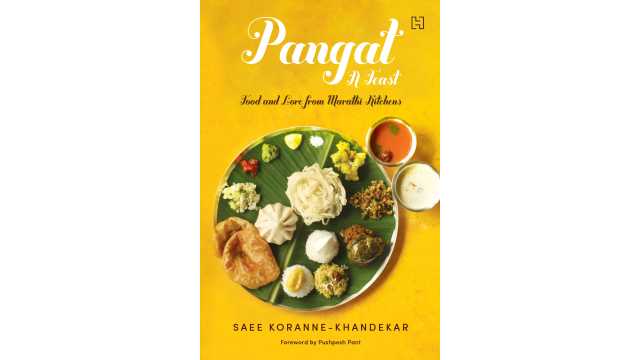Q&A with Saee Koranne-Khandekar

Food consultant and cookbook author Saee Koranne-Khandekar is one of India’s most knowledgeable cooks, particularly when it comes to the seasonally diverse, nourishing culinary traditions of the western state of Maharashtra.
Koranne-Khandekar’s award-winning cookbook Pangat is a memoir and a record of authentic regional recipes from her home state, while her first book Crumbs! Bread Stories & Recipes for the Indian Kitchen showed how baking bread can be uniquely adapted to different regions in India.
Koranne-Khandekar’s charity food projects during the pandemic years included donating the proceeds from her digital book From My Oven to a non-profit organization that works for women, children, and LGBTQI+ communities affected by HIV, AIDS, poverty, violence, and sex trafficking. These efforts reinforced her belief that food can be a way to heal and support community. Koranne-Khandekar explains why food is the language of comfort, healing, and celebration.
Roundglass Food: What’s a meal that you associate with wellbeing?
Saee Koranne-Khandekar: Rice and vegetables in any format. Where I come from, that is the most easily available set of ingredients, perhaps the most frugal even, and yet it can satiate and reassure you that you've eaten clean and sensibly.
RG: What’s a mindful practice you follow while cooking or eating?
SKK: To just be in the moment. To take it in fully. The way the light falls on a bright red tomato as I slice it in the afternoon. Or the way the steam bellows out of soft, cooked rice when I mix a morsel with my hands.
RG: What words of wisdom do you associate with food?
SKK: Seasonality. Eat what is relevant to you and available in your immediate radius.
RG: What attributes of food nurture relationships, enhance joy, and help manage grief or stress?
SKK: The cooking of it, the sharing and partaking of it, the study of it — all aspects of food serve a deeply emotional purpose. And I don't mean in the sense of nostalgia, but in several other senses, such as bringing a community together, helping find one's identity... all of which have a direct impact on our interpersonal relationships.
Freshly and lovingly made food, to me, is a sign of care. The person providing or cooking the food has done so with the intention of pleasing or nourishing the other (or themselves!), and that gives hope, whether in the context of grief or stress, or in an everyday setting.
Around the world, people carry something when visiting others. When that something is food that they made themselves, I feel the relationship is automatically nurtured.
RG: What aspect of cooking do you find relaxing?
SKK: Even the prospect of cooking is relaxing! The choosing of the ingredients, thinking up what to do with them, and then actually executing the idea.
RG: Do you have a kitchen hack for eating healthier?
SKK: Try to grow at least one or two ingredients that you will cook or eat every day. It could be an herb, a vegetable, anything. That will bring you closer to the production of food, and therefore make you more mindful of its consumption.
RG: If you could invite anyone over for dinner, who would you call and what would you serve them?
SKK: It would have been nice to have Anthony Bourdain over for a traditional Marathi meal.
RG: What’s an herb (or elixir, or fruit, or tea) that you associate with healing?
SKK: Curry leaves. I grow them and use them all the time, and I find the aroma deeply meditative and relaxing.
RG: What feelings does baking the perfect loaf or pav or a traditional dish bring to you?
SKK: I cook for a sense of groundedness, a feeling of everyday discipline, and sometimes purely for catharsis or meditation. Cooking the favorite dish of a loved one who is no longer alive can be a deeply reassuring exercise, a way to remember them fondly. Some dishes give you the joy of having cracked a difficult technique, some give you the inspiration to step out of your comfort zone, some show you that you carried with you a flavor from your past that you thought you had forgotten.
RG: What are the two important aspects regarding life you have learned through your deep association with food?
SKK: Nothing is permanent. Food trends teach you that (we are over banana bread already, mercifully). And second, no matter how great a cook you may be, your children will always say, "Can we eat something nice today?"
Key Takeaways
- Food strengthens community bonds.
- Food is meditation and discipline.
- Seasonal cooking is healthy.



